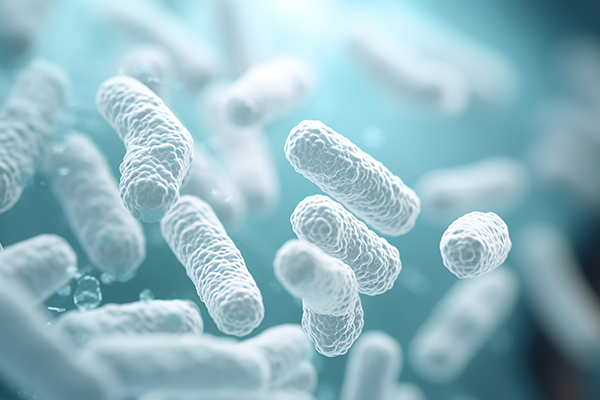Hale awarded grant to study bladder microbiome interactions with environmental chemicals

Vanessa Hale, MAT, DVM, PhD, Assistant Professor in Veterinary Preventive Medicine, was recently awarded a $803,895 K08 grant from the National Institute of Health (NIH) National Institute of Environmental Health Sciences (NIEHS) for a project entitled, “Bladders and biomes: Environmental compounds as modifiers of microbiomes, metabolomes, and urothelium”.
Bladder cancer (BC) is the tenth most diagnosed cancer in the world and is strongly linked to environmental chemical exposures including benzo[a]pyrene (BaP). BaP is a polycyclic aromatic hydrocarbon (PAH) and widespread pollutant found in automobile exhaust, tobacco smoke, and charred food, but the mechanisms underlying the links between BaP and BC remain unclear. Additionally, not all individuals exposed to BaP develop BC, indicating that there are additional undefined or individualized risk factors associated with BC. While human cells can metabolize BaP, host-associated microbes can too. Moreover, host-associated microbiomes, like host genomes, are individualized, which could drive differences in host responses to BaP exposure. However, the role of microbes in BC, and specifically, how the gut and urine microbiome modulate exposure to BaP, is largely unexplored. There is a critical need to evaluate chemical-microbe-host interactions in relation to high-risk chemicals – like BaP – on bladder health. The objective of this project is to define microbial metabolism of BaP in vitro and in vivo and asses the effects of this metabolism on the urothelium.
